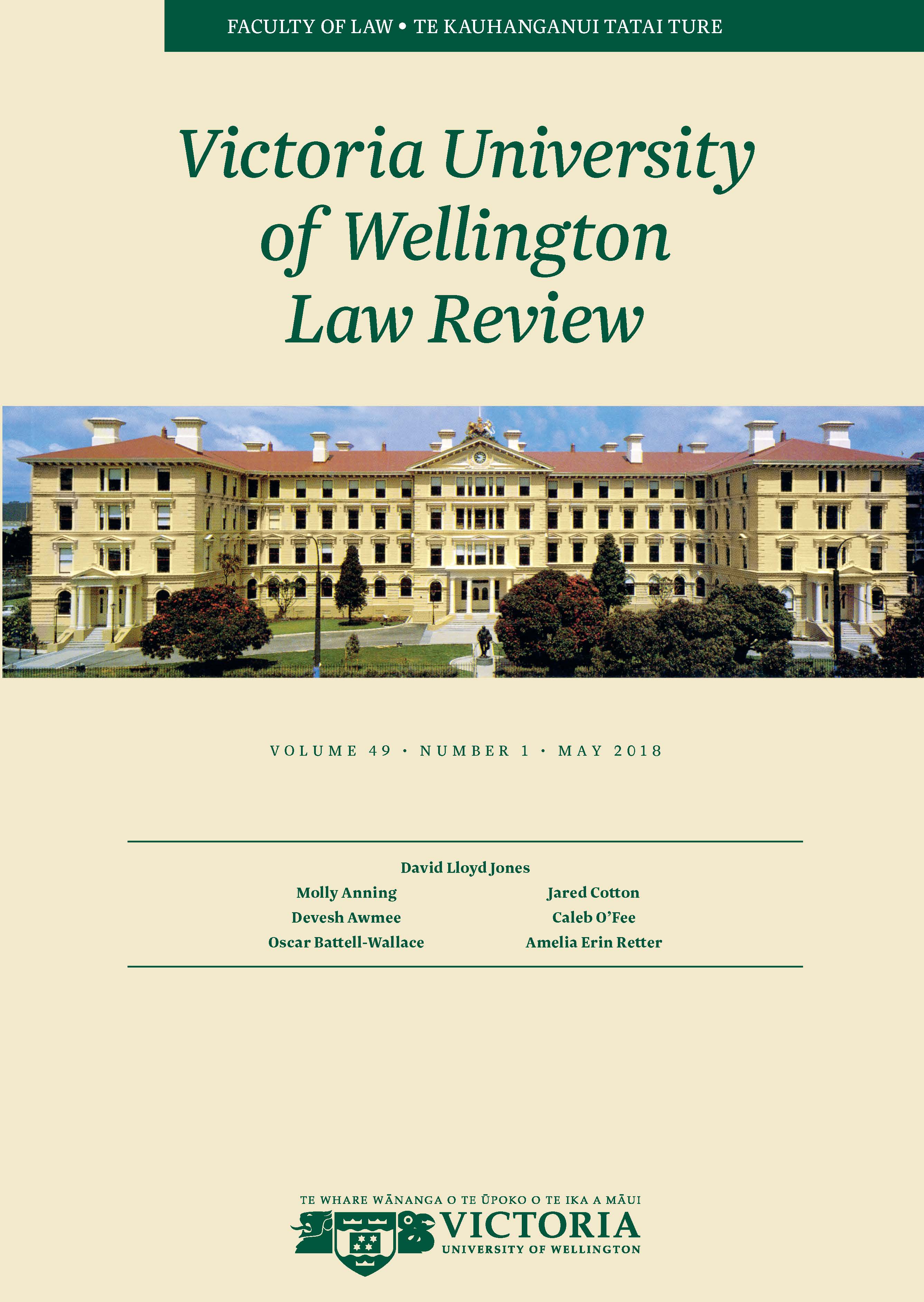No Search Results in Fairness: Addressing Jurors' Independent Research in the 21st Century
DOI:
https://doi.org/10.26686/vuwlr.v49i1.5312Abstract
The right to a fair trial is one of the fundamental pillars on which the criminal justice system stands. In the digital age of the 21st century, that pillar has increasingly come under siege due to the rise of the "Googling juror". In light of the recent proposals by the Law Commission to address this problem, this article does two things. It begins by investigating the reasons why jurors conduct independent research in the digital age, before proposing methods to prevent jurors from doing so. This article argues that jurors are researching in greater numbers than in the past due to cognitive changes to people's brains in the digital age. Those cognitive changes are the increasing use of the Internet as a transactive memory partner, people's need for instantaneous knowledge and people's reliance on the Internet for everyday needs. Given these findings, this article argues that the Law Commission's proposals are insufficient; to deal with the problem the judicial system must modernise. This article puts forward three proposals: deploying more technology in the courtroom, implementing a comprehensive system of judicial education and empowering jurors to ask more questions. It finally concludes that if the judicial system modernises, trial by jury can and should persist.
Downloads
Downloads
Published
How to Cite
Issue
Section
License
Authors retain copyright in their work published in the Victoria University of Wellington Law Review.


